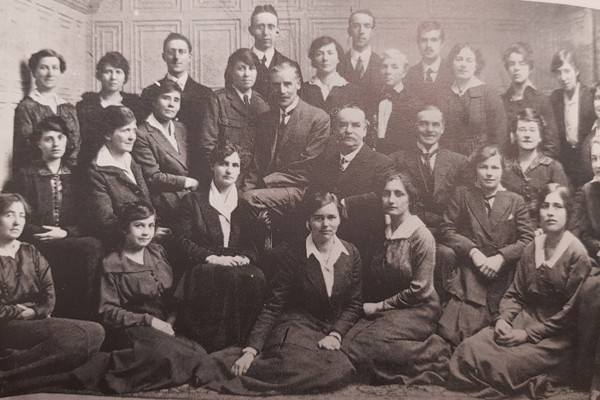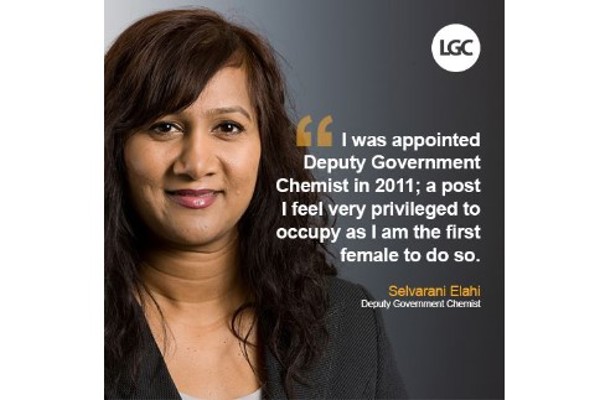Celebrating International Day of Women and Girls in Science
Diversity and equal opportunity have become, rightfully, hot topics throughout various industries, but specifically in science and technology as well. Science organisations should really be at the forefront of the fight, because scientists of all people know that just because something is the way it is doesn’t mean that’s how it should be.
11th February is International Day of Women and Girls in Science, a day for everyone to reflect on the global progress made and still how far there is to go. It's important to recognise the global efforts made to reach gender equality by groundbreaking individuals, while still acknowledging that this is a movement that takes place every day of the year.
LGC’s own history is full of trailblazing women. More than 100 years ago, on 18 July 1916, the Government Laboratory hired its first female scientist, Miss E.M. Chatt¹ in the wake of World War I. Authors of Weighed in the Balance, PW Hammond and Harold Egan, state that this was “part of a general move to place women in the lower ranks of the civil service to replace men being drafted” in the war effort.
They also recounted how Miss Chatt was silently watched by her new all-male coworkers as she was first brought in to the laboratory. Described as a ‘bachelor of science’ by the poet Richard Church, she paved the way for all of the other female scientists who joined the Laboratory during this wave of incoming women. By the end of the war in 1920, more than half of the junior analytical staff were women.


In 2011, Selvarani Elahi was appointed the first female Deputy Government Chemist, a title she still holds. She also leads the Food Authenticity Network, a network set up by the UK government in 2015 on the recommendation of the Elliott Review. Through the Food Authenticity Network, Selvarani helps to bring those in the food industry together to ensure the safety and security of the global food chain.
LGC’s senior scientist Ariane Mogha describes how important science and the scientific spirit is to her, and how she became interested in science to begin with. “Science is for me a philosophy of life. It teaches me that ignorance is a dangerous weapon because it gives the illusion of a fake superiority, while knowledge actually makes you humble as the more you learn, the more you realise there’s so much you don’t know. Science says that all humans are Homo sapiens, whatever their colour of skin, their religion or their sexuality is. Scientific reasoning provides us with a critical eye towards the flow of information we are being drawn in, in these times of social media and immediacy. And finally, science is synonym of integrity: a scientific theory is true until the contrary has been proven. So I believe science is essential for a healthy society, in all aspects..”
To read more stories from the women of LGC, head over to the LGC, Biosearch Technologies blog where Ariane, Technical Business Manager Dominique Fauvin, and Product Marketing Director Melissa Siewert describe how they became interested in science, who inspires them, and what science means to them.
¹Weighed in the Balance, by PW Hammond and Harold Egan, 1992, pg 179-180.
